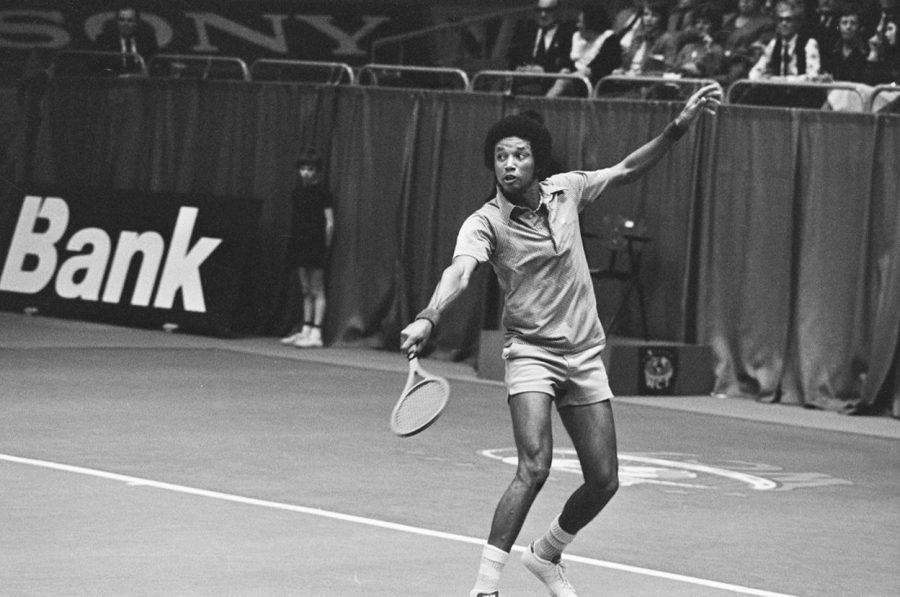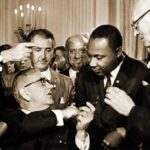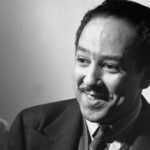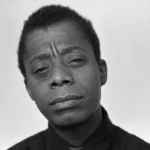Arthur Ashe Jr.: A Champion On and Off the Court
Early Life and Family:
Arthur Robert Ashe Jr., born on July 10, 1943, in Richmond, Virginia, emerged as a tennis icon and a tireless advocate for civil rights. Raised in a segregated southern city, Ashe’s father, Arthur Ashe Sr., worked as a caretaker, and his mother, Mattie, instilled in him a strong sense of discipline and academic excellence.
Education and Early Tennis Career:
Ashe’s early exposure to tennis occurred on the segregated courts of Richmond. Despite the racial barriers, he displayed exceptional talent and earned a tennis scholarship to attend the University of California, Los Angeles (UCLA). Ashe’s collegiate success set the stage for his entry into the international tennis scene.
Triumphs and Challenges in Tennis:
Arthur Ashe’s tennis career reached its pinnacle in 1968 when he became the first African American man to win a major singles championship, claiming victory at the U.S. Open. This achievement broke down racial barriers in a sport dominated by white players. Throughout his career, Ashe faced discrimination, even being denied entry to certain tournaments, but he persevered, leaving an indelible mark on the world of tennis.
Activism and Advocacy:
Beyond the tennis court, Arthur Ashe was a vocal advocate for civil rights and social justice. His experiences with discrimination fueled his commitment to addressing racial inequality. Ashe used his platform to speak out against apartheid in South Africa and advocated for equal opportunities for black athletes.
Philanthropy and Humanitarian Efforts:
Arthur Ashe’s battle with heart disease, a result of complications from a blood transfusion, heightened his dedication to philanthropy. In 1992, he founded the Arthur Ashe Foundation for the Defeat of AIDS to raise awareness about HIV/AIDS. Ashe’s openness about his own diagnosis helped destigmatize the disease and promote education and prevention efforts.
Legacy and Contributions to the World:
Arthur Ashe’s legacy extends far beyond his achievements in tennis. His contributions include:
1. Breaking Racial Barriers:
- Ashe’s triumphs on the tennis court shattered racial barriers, paving the way for future generations of black athletes.
2. Civil Rights Advocacy:
- His outspoken stance against racial injustice and apartheid showcased his commitment to using his platform for social change.
3. Humanitarianism:
- Ashe’s efforts in raising awareness about HIV/AIDS and his foundation’s work contribute to ongoing global health initiatives.
4. Scholar-Athlete Legacy:
- Ashe’s commitment to education and his status as a scholar-athlete serve as an inspiration for individuals seeking excellence both on and off the field.
Conclusion:
Arthur Ashe Jr.’s life exemplifies the power of sports as a catalyst for social change. From the tennis court to the global stage, Ashe’s legacy continues to inspire individuals to use their platforms for the greater good. His impact on civil rights, education, and health awareness cements his place as not only a tennis legend but also a humanitarian and advocate for justice.





